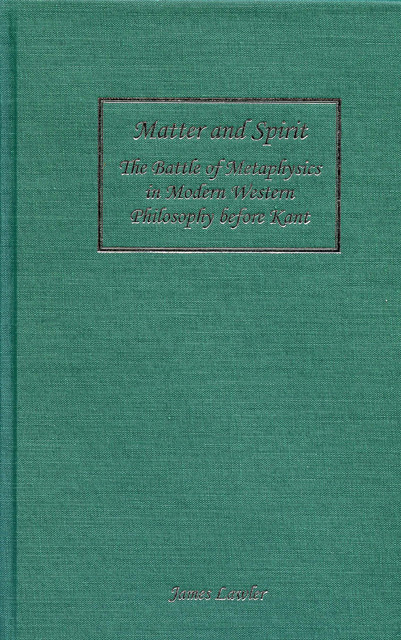2 - Freedom as the Realization of Desire
Published online by Cambridge University Press: 17 March 2023
Summary
EXTENDING EXTERNAL CAUSALITY TO LIFE AND HUMANITY
To understand the great difficulty of introducing morally related freedom into science, it is necessary to see how the modern notion of external causality has been extended to the study of plants, animals, and, above all, to human beings. We need to ask whether the conception of universal, external causality can plausibly explain the growth of a flower or the complex actions of human beings. The ancient physics of Aristotle represents the universe as consisting of fundamentally different kinds of “natural motions.” By contrast, classical modern physics states that all motion is reducible to straight-line motion conveyed to an object through direct contact with an external cause whose motion, in turn, must be explained by another external cause, and so on. The causal chain continues until the First, Uncaused Cause originally sets the newly created material world in motion. Newton's first law begins with the words, “Every body …” It does not state what only inorganic bodies do, but what every body in the universe must do, including human bodies. Its extension is not to a particular kind of being but to all material beings, universally. Extrapolating from the laws of physics, Hobbes reasons that there is nothing in the universe except bodies, including the unfathomably great body of God.
A common illustration of the operation of Newton's first law is the movement of the balls in a game of billiards or pool. A ball stays in its place until another ball strikes it. Depending on the force and direction of the moving ball, the one that is struck will necessarily move with a certain speed in one direction or another. But surely, you will say, human actions, or even the motions of plants and animals, are not like that.
Aristotle would agree with the objection. For Aristotle, while plants share the characteristics of nonliving heavy bodies, to these are added distinctive characteristics of vitality, such as growth and reproduction, which set them apart from nonliving beings. Animals share properties in common with plants, but are set apart from merely vegetative existence by qualitatively distinguishing characteristics, such as sensation and the ability to move from place to place. Human beings are animals too, but are distinguished from the rest of the animal kingdom by the specific difference of possessing rationality.
- Type
- Chapter
- Information
- Matter and SpiritThe Battle of Metaphysics in Modern Western Philosophy before Kant, pp. 40 - 69Publisher: Boydell & BrewerPrint publication year: 2006

